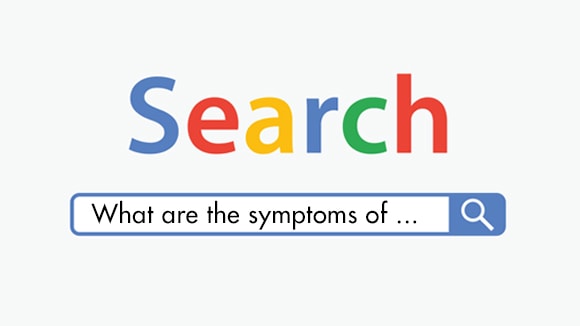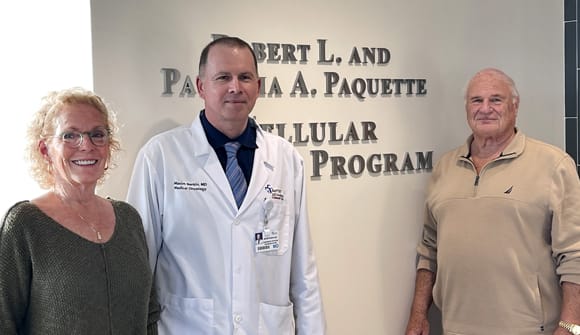The doctor is in
Pitfalls of self-diagnosing with Dr. Google.
Article Date:

Dr. Google will see you now – except the side effects of this doctor visit may include hypochondria, paranoia and anxiety.
Health concerns top the list of reasons people turn to online search engines like Google. However, according to a study by a United Kingdom medical research firm, half of those queries result in people diagnosing themselves with cancer or any number of diseases they are unlikely to have.
The problem is so pervasive there's even been a term coined for medical anxiety caused by searching health issues via Dr. Google: "cyberchondria."
Self-diagnosis often incites fear of worst-case scenario
Researchers found that some 47% of searches for common illnesses, such as headaches, returned at least one result for cancer on the first page. And, according to the study, one in three searches for sore throat and half of the results for constipation suggested cancer.
"Attempting to diagnose yourself via online sources almost always gives a worst-case scenario for even the most benign conditions," said Kristie Driver, MD, a family physician with Baptist Primary Care. "There's no way to know that the information, advice or treatment options provided on the internet are from reliable sources and based on clinical data."
Despite the fact that more than half of us admit to using Dr. Google, we rarely follow up with a general practitioner afterward. The result, said Dr. Driver, is that self-diagnosis can cause increased anxiety and even depression as people assume the feared outcome is true.
So, even though Dr. Google usually has a quick answer – or thousands of quick answers displayed in easy-to-understand snippets – it doesn't mean the search engine should always be trusted. In fact, a closer look reveals many of Google's health suggestions contradict themselves and even contain factual errors.
More reasons to see an actual doctor
Cyberchondria isn't the only issue with turning to Google or WebMD.
"People run the risk of having allergic reactions to home remedies, and they can't be certain those remedies won't interact or even interfere with their other prescribed medications," Dr. Driver said. "They may also be trying home remedies for a more serious condition, which only delays diagnosis and treatment."
Instead, when you start feeling unusual pains or aches, schedule an appointment with a primary care physician. The best advice and treatment come after receiving an in-person physical and assessment, said Dr. Driver.
Looking for a primary care physician?
Visit baptistjax.com/request or call 904.202.4YOU to find the right doctor for you. Virtual appointments are available.




